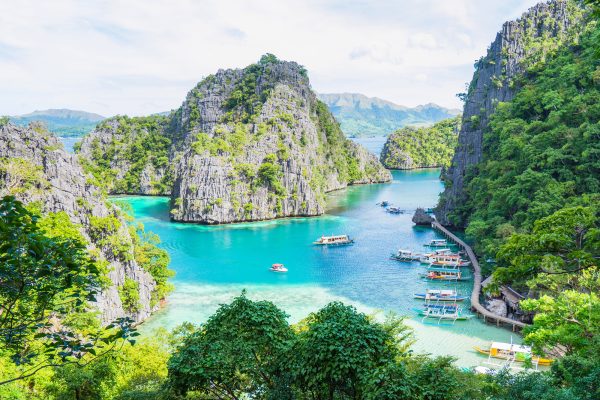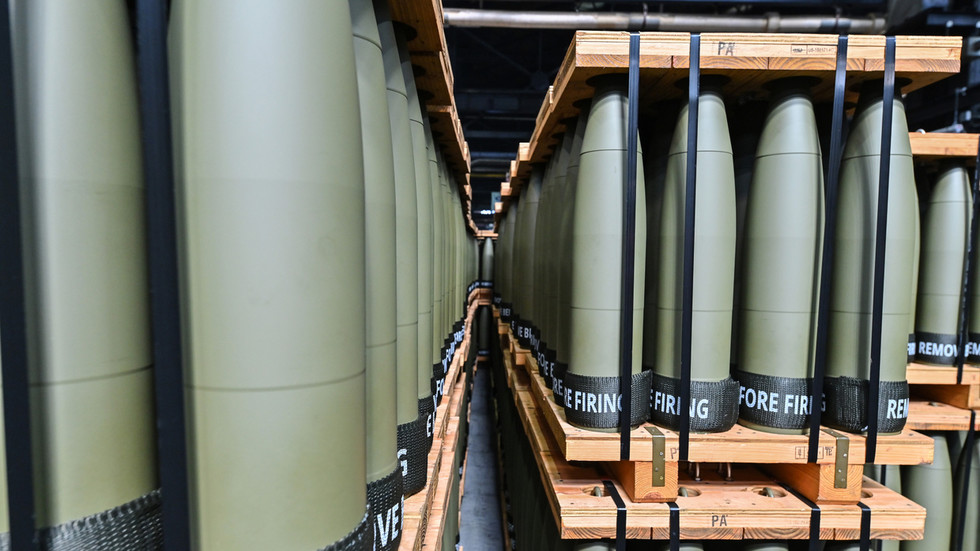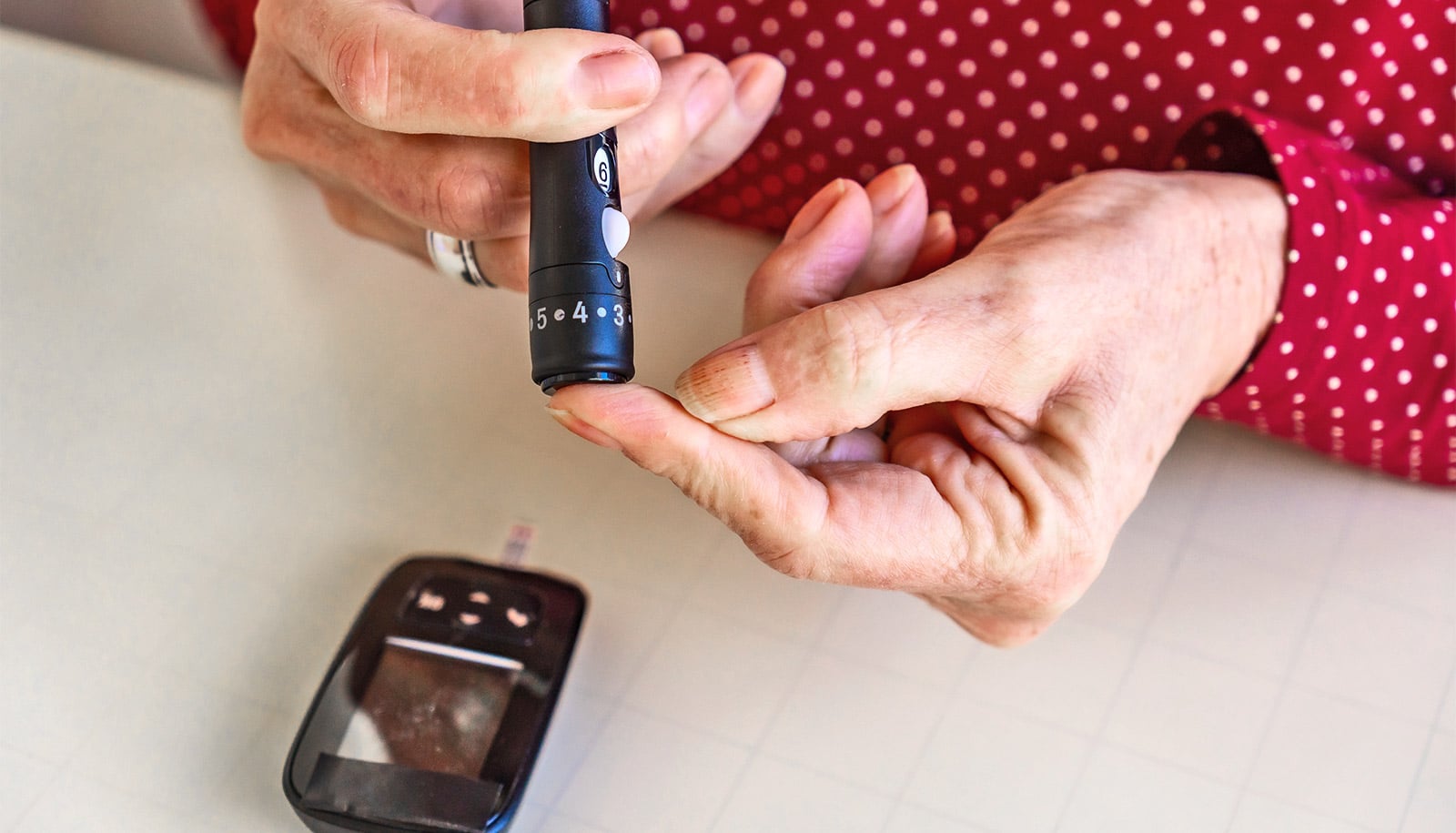When the Kremlin released a video on Tuesday showing Russian President Vladimir Putin hugging an eight-year old girl from Dagestan and warmly greeting her appreciative family with bouquets of flowers, the footage was repeatedly played on state media channels.
Putin told the little girl he felt compelled to invite her and her parents to Moscow because he saw a picture of her crying in disappointment after not being able to meet him during a recent trip to Dagestan.
Later over tea at the Kremlin, and in front of a camera, the girl’s father praised Putin, saying he supported him and his policies.
“In my opinion, someone like you can probably not be replaced ever,” he said.
It was an unusual scene for a man who is known to keep himself isolated and at a distance, even when several world leaders previously came calling.
Russia media watchers see it as a deliberate attempt to try to boost Putin’s image in the wake of last month’s rebellion, when a group of Wagner fighters, lead by Yevgeny Prigozhin, threatened to march on Moscow after railing against the country’s Defence Ministry.
“The main topic [in Russian media] is Russia is united right now and … Russia is stronger than it was before,” said Masha Borzunova, a Russian journalist who previously worked for the independent media outlet TV Rain, but now has her own YouTube channel and produces a show about “fake news” and propaganda.
Prigozhin, who was once heralded as a patriot, is now being cast as traitor, driven by a thirst for wealth and power.
The Kremlin public relations campaign is being waged with the help of the media machine it controls, as repressive laws have forced many independent publications and broadcasters to pull out of Russia.
While it is difficult to get an accurate picture of public opinion in an environment such as Russia, state television channels are pervasive and remain popular. A recent poll by the Levada Center, an independent polling and sociological research organization, suggests they are the main source of news for nearly 65 per cent of Russians. Yet, even though there is this popularity, there is also not universal trust of what is reported, particularly regarding Ukraine.
Since Russia launched its full-scale invasion of Ukraine in February 2022, state-controlled channels have spent hours each day talking about what they call Russia’s “special military operation,” while hurling threats at Western countries, including blunt warnings about nuclear strikes.
‘They were confused’
But in the earlier hours of June 24, there was an awkward pause, according to Borzunova.
“I have never seen propagandists so scared,” she told CBC during a Zoom interview from her home in Berlin.
“After the mutiny started … they were confused. They didn’t know what they needed to write about.”
Borzunova is referring to the content that was being put out on Telegram, a social media platform that is widely used in Russia. Citizens follow media personalities and news agencies, which publish content on their digital channels.
She points to an account belonging to Vladimir Solovyov, one of Russia’s most prolific voices, who was previously sanctioned by Canada, along with a number of other countries, for spreading propaganda and disinformation.

Borzunova said that previously there were frequent advertisements for the Wagner group on Solovyov’s Telegram channel and during his radio show.
The Wagner leader was well-known, Borzunova said, and liked by many in state media, including Margarita Simonyan, the editor in chief of RT, a channel that has been banned from the airwaves in Canada.
Simonyan, who is normally outspoken on social media and a regular contributor to all of the main talk shows in Russia, was absent online throughout the weekend of the rebellion, and later said she wasn’t paying attention to what was happening because she was on the Volga River filming a new series.
On the day of the rebellion, there was little coverage of it in Russia. While news bulletins were read on out state television, the channels played entertainment shows and didn’t show footage of the convoy’s advance toward Moscow until it ended.
Borzunova, who left Russian in March 2022 and was labelled a foreign agent by the government a month later, said she learned from her sources that talking points were handed down to Russian politicians during the rebellion and people were to speak about the country coming together and uniting behind the president.
She has no proof that this same edict was given to state-controlled media companies, but assumes it was likely, given that television hosts have been echoing the same message since.
“It looks like crisis management,” she said.
Uncharacteristic behaviour
Borzunova said that the state media is trying to convince the public that Prigozhin was motivated by ambition and money, while at the same time trying to play up Putin’s popularity.
On June 29, television presenter Olga Skabeyeva reported on the screams and applause that greeted Putin from a crowd in Derbent, Dagestan.
“The president was greeted in such a way that even rock stars have nothing on him,” Skabeyeva said.
Putin was shown shaking hands with the crowd and posing for a selfie — uncharacteristic behaviour for a leader who almost never mingles casually with crowds and kept himself isolated throughout the COVID-19 pandemic.

Borzunova said it’s as if they were trying to hand-deliver Putin a bigger reception than the one Prigozhin and Wagner received.
The leader and his fighters were met with applause and cheers as they pulled out of Rostov-on-don when the rebellion ended after a deal brokered by Belarus.
On state television, Prigozhin has been branded a traitor and on Wednesday, the Russian television show 60 minutes ran what it called an investigative report that showed the authorities searching Prigozhin’s office in St. Petersburg, and also included footage of what was said to be his lavish estate, personal helicopter and stashes of cash.
The host of the television program is Yevgeny Popov, a Russian politician who is also sanctioned by Canada.
A day after the rebellion, he spoke to CBC News and was already talking about whether Priogzhin was motivated by ambition and money and said Putin did the right thing by allowing Belarus’s leader, Alexander Lukashenko, to negotiate with Prigozhin.
Focus on abroad
What’s been largely absent from any of the followup programming are meaningful reports or investigations into how a heavily armed convoy got within 200 kilometres of the capital.
“I think what’s most striking is the focus on what’s going on abroad as opposed to what’s happening in Russia,” said Francis Scarr, a journalist with BBC Monitoring, which analyzes media reports around the world. He spends hours each day watching and analyzing Russian state television.
Russian state TV is pulling out all the stops to promote Putin as a leader beloved by the entire nation following the failed mutiny
Presenter Olga Skabeyeva says that “even rock stars have nothing on him” after the welcome he was given by crowds in Derbent last night pic.twitter.com/VzRaP88fgd
Scarr, who also appears on the BBC’s podcast The Global Jigsaw, said there have been reports on the riots in France, but only to push the often-heard narrative that Western countries are in decline and Russia is on the right course.
“They were coming out and saying … if you look at France, they’ve been battling to stop these riots for a week and they don’t have an answer to it … whereas ours was successfully put down in a matter of less than 48 hours.”
He said on Russian television there is little debate or scrutiny over domestic policy, and shows don’t cover national issues the way other broadcasters like the BBC would.
Scarr was previously based in Moscow but left in the initial days of the war, along with many journalists, because Russia passed a law that threatens imprisonment for up to 15 years for spreading any information that goes against the Russian government’s position on the war in Ukraine.
He now watches the hours of state television from London and told CBC News in an interview that the shows aren’t designed to really inform people, but rather “stir people’s emotions.”
They are often two to three hours long. One of Solovyov’s shows begins at 11 p.m., which Scarr envisions being watched by security guards and those on the couch who can’t sleep but are absorbing the content “almost subconsciously.”
There’s a new chapter in the Kremlin’s post-mutiny PR offensive
Today we’re told that apart from the young girl who got her selfie with Putin, another one was apparently left heartbroken after not meeting him
Putin was so upset when he heard that he invited her to the Kremlin https://t.co/1qyHbqngTo pic.twitter.com/47u4paM7eF
The shows remain particularly popular among those 55 years and older.
Polls conducted by the Levada Center found that the state television channels are the main source of news for 64 per cent of Russians, but only one-third of respondents fully trust everything they hear about Ukraine on state media.
Among those aged 18 to 24, online publications and social media sites are more popular, still one-third of respondents in this age group get their from state sources.

Scarr said Russian TV frequently throws around threatening warnings about nuclear war almost as if it was a “game,” and can at times be so outlandish and absurd that it’s how he imagines North Korean television might be.
But when he sees what is happening on the ground in Ukraine, he understands the power of a state narrative, which has thrived in an environment clouded by repression and censorship.
“The words that they are using have this deadly effect,” he said.
“They’re not just empty words. They are laying the ground for the kind of violence we’re seeing in Ukraine.”


















Discussion about this post